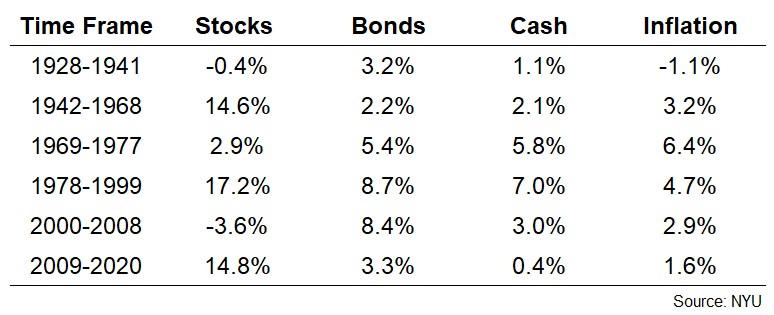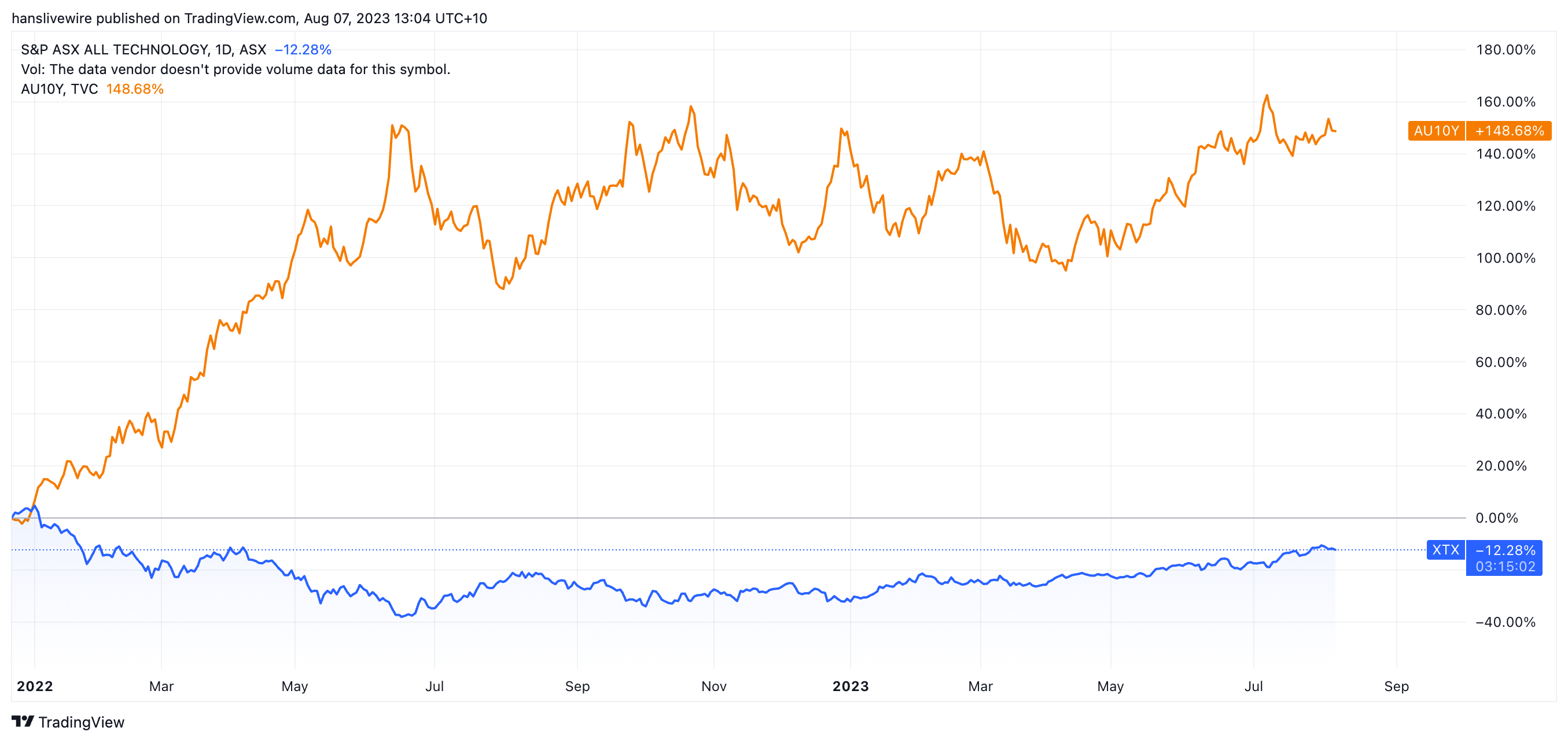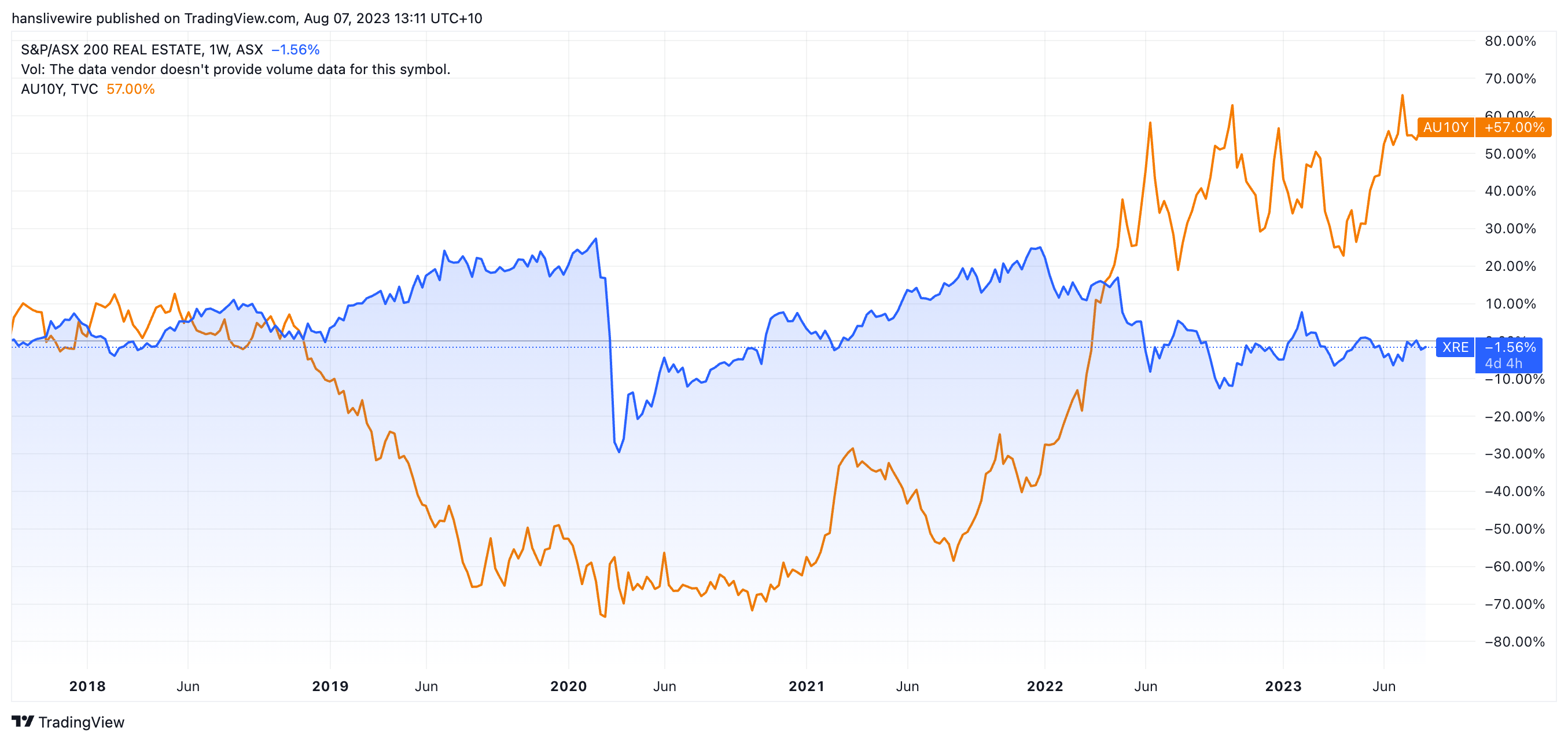The beginner's guide to bonds: What are they and why do they matter?
If financial markets could be characterised as a forest, then fixed income instruments are the sequoia trees. The global bond market is estimated to be valued at US$133 trillion. That's larger than the size of the global equity market (US$108 trillion) and 26 times larger than the financial size of the global gold market.
And yet, here in Australia, investing in bonds is a relatively nascent and challenging subject to approach. Apart from a selection of bond ETFs and fixed income managed funds, it's difficult for retail investors to get in on the fixed income trade. Some corporate bonds have minimum investment thresholds of $500,000! But whether you can access the bond market or not, understanding the role that bonds play in the financial markets is absolutely vital to your success as an investor.
In this mini-series, I'm going to take you through the in's and out's of the bond market. We'll be covering a lot of what you need to know about the bond market. From the different options out there to the price you pay and why they affect valuations in other asset classes even though you don't hold any of them!
But before we can answer any of those questions, we must start at the very beginning. In this part, we'll be answering these three fundamental questions:
- What are fixed income instruments?
- What are fixed income instruments and what job do they fulfil in a portfolio?
- Why do I need to care even if I don't hold any bonds?
What are fixed income instruments?
Fixed income assets are essentially various forms of debt. These instruments are issued by a third party (e.g. governments and corporates) to help fulfil outstanding obligations. Once you buy a bond, you become a bondholder and in return for your investment, the institution will pay you a fixed amount of interest at a given rate for a certain amount of time. Think of it like a stable and pre-signalled dividend (and wouldn't we all like some more certainty in our lives!)
Let's now break this down.
That fixed amount of interest you'll be getting is called the coupon rate. Coupon rates are based on the bond's face value. For instance, if a bond is worth $10,000 and it pays a 10% coupon rate, you will get $1,000 every year. The payments are usually broken down into periods (generally, it's semi-annual just like in equities if you go by the two major reporting seasons of any given year).
The "certain amount of time" in question is also very important. The maturity date is when a bond issuer (the government or the company) needs to pay back its principal to its holders in full. This date is set when it's issued and, if you're invested in bonds, it's vital that you know when this maturity date is.
For instance, if a government can guarantee your bond's principal and coupons can be repaid in three years instead of a corporate's guarantee that it will only be repaid in 30 years, that will likely affect where you put your cash.
And as you'd expect, the further away the maturity date, the more yield and coupons an issuer will likely be offering to get you to part with your cash. After all, you could be waiting a long time to get your money back!
Finally, there is one fundamental thing you need to understand about bonds and that's that prices and yields have an inverse relationship. That is, if a price goes up then the yield goes down.
Yield is also not the same thing as a coupon. Coupons are the intermittent payouts from holding a bond while a yield is the anticipated rate of return from the coupon payments alone. Later in this wire, I'll show you where yield plays a role.
So wait, why do I want to own bonds?
The in-depth answer to this question lies in four main parts. Let's go through each reason bit by bit.
Capital preservation: Providing the bond issuers don't default, your principal should be repaid at a given time. That's appealing to an investor who is concerned about losing their starting capital while wanting to earn an income along the way that is - for the most part - generally higher than just holding cash at the bank or in a savings account.
Capital appreciation: Bonds can increase (and decrease) in value just like any other asset. If you intend to hold a bond until maturity (i.e. to the end of its life), this reason won't matter but if you intend to sell your holding before maturity, this will matter. This is what the professionals call investing for total return and it's a big plus side of investing in bonds. If you time your investment correctly, you can make great yield and lock in a price increase along the way. How good!
Diversification: They always say never put all your eggs in one basket. Investing in bonds is a classic way of spreading your capital across various asset classes - thereby mitigating your downside and reducing the risk of negative returns in your portfolio.
And finally, the most important one for the current economic climate:
It's a hedge against an economic slowdown: While it may have not felt like it in 2022, bonds are generally a hedge in an economic slowdown or recession. With more uncertainty comes more demand for the perceived safety of assets such as bonds. And, as we all should know, increased demand means increased prices.
But wait, why can't I just hold cash?
This is an excellent question and one that is very pertinent in this environment. After all, why make it difficult for yourself if you can just lock away a near 5% term deposit yield for a while right? Well, that's where this table can help.

As you can see, stocks are great performers in the long run. Everyone has them, everyone knows the benefits of them, and good investors understand that they can be a whipsaw at the best of times. But look at the bonds vs cash part of this table.
In every period bar one, bond market investments have outperformed cash holdings.
As of writing, an Australian government bond can fetch you 4.1% yield and a 0.25% coupon rate for just 12 months' holding. Meanwhile, a 12-month term deposit at the Commonwealth Bank pays 4.25% interest just once at the end of one year's waiting.
For a three-year bond, you can get a 3.88% yield plus a 0.5% coupon rate. A 36-month term deposit at Westpac pays 4%.
Why do I need to care about where the bond market is going?
Historically, performance in the bond and stock markets are inversely correlated and that's true for the US and Australia.
Think about it this way - if you are a conventional asset allocator and have two primary options (stocks or bonds), then capital will always be in competition and investors will always have a choice. If there is more money going into bonds, it needs to come out of somewhere (i.e. stocks).
Yields and prices are also a valuation tool for equity markets. The yield on benchmark bonds (e.g. the US 10-year yield) is normally used as the risk-free rate when calculating the cost of borrowing. When bond yields go up, then the cost of capital goes up.
This is particularly important for "long duration" stocks like technology companies and helps explain the turn away from growth towards value stocks in 2022. Naturally, as yields have consolidated and stabilised in 2023, the pile-in back towards growth stocks has intensified.

Rising yields and falling prices also impact real estate valuations. Remember, bonds are essentially loans so a rapid rise in bond yields has a big impact on the cost of borrowing which, in turn, affects the valuations of properties. UBS' rule of thumb has been that for every 50 basis point rise in the 10-year bond rate, REIT values drop about 6 per cent. And of course, an era of near-zero interest rates has meant that valuations are now even more impacted.

Next time...
That's part one of this series all wrapped up. In part two, we'll be looking at the different kinds of fixed income investment opportunities available to Australian investors. We'll also look at some of the key risks that come with bonds - including those times when bonds don't fulfil their role as a portfolio protection tool.
You can also learn more about what's happening in today's bond market by clicking through to the latest edition of Signal or Noise:

4 topics

